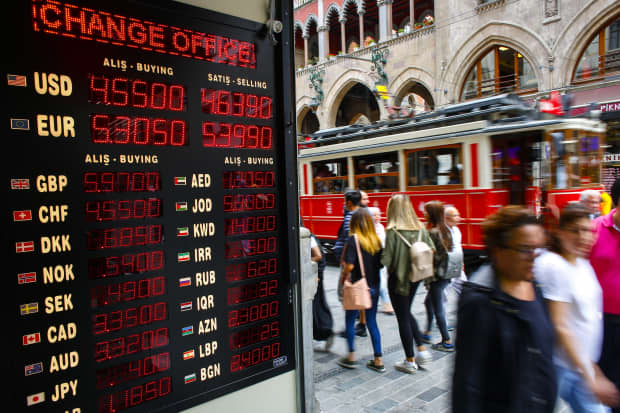Investors go for digital gold due to ease of access, safety
3 min read
At a time of movement curbs and shuttered jewellery shops, digital gold sellers have reported a surge in demand. Despite competition from sovereign gold bonds and gold exchange traded funds, digital gold has found greater reach, thanks to its wide distribution via apps such as Google Pay and Paytm, and ticket size as low as ₹1.
Demand for digital gold rose 40-50% amid the viral outbreak, said Sachin Kothari, director of Augmont Gold Pvt. Ltd, a digital gold provider.
“As access to shops to buy physical gold was restricted due to the lockdown imposed to prevent the spread of covid-19 pandemic, people opted to buy gold through digital mediums. The rising price of gold has also supported demand,” said Kothari.
India has three major digital gold sellers—Augmont Gold; MMTC-PAMP India Pvt. Ltd, a joint venture between state-run MMTC Ltd and Swiss firm MKS PAMP; and Digital Gold India Pvt. Ltd with its SafeGold brand. These companies, in turn, have tie-ups with fintechs and online wallets such as Paytm, Google Pay, PhonePe and Kuvera. Amazon Pay is the latest to enter this space.
When a person makes a digital gold purchase, the company stores gold of the equivalent amount in its vaults. The buyer can take delivery of gold—in which case minting and delivery charges are to be paid—or sell it back to the company. Purity of gold differs; SafeGold offers 99.5% purity, while MMTC-PAMP offers 999.9 fineness.
“Digital gold offers this facility where an investor can get home delivery of gold,” said Gaurav Rastogi, chief operating officer of Kuvera, an online investment platform, which offers digital gold in a tie-up with Augmont. He said demand for digital gold more than doubled sequentially in the June quarter.
Paytm Money said its digital gold sales surged 116% in July from the previous month.
MMTC-PAMP stores gold in its own vaults, while Augmont has a tie-up with vault provider Brink’s India. Generally, a trustee is appointed to ensure quality of gold and verify that the gold sold to the investor is available in the vaults.
Digital gold vendors set time limits for the customer to sell the gold back to the company or take delivery. Investors also pay for the spread (the difference in the buy and sell price of gold) charged by the provider, which is generally in the range of 2-3% and a GST of 3%.
“The spread takes care of the storage charges, insurance as well as trustee fee,” said Kothari. The manufacturer pays a commission to distribution platforms such as Paytm.
“MMTC-PAMP introduced digital gold in the last quarter of 2016 and since then, we have witnessed encouraging response with multi-fold growth in the category. Today, we serve approximately 86 million digital gold accounts and are further focusing on building the category,” the company said in a statement to Mint.
Digital Gold India Pvt. Ltd offers the product under the brand SafeGold. These vendors may have multiple tie ups. For example, PhonePe offers digital gold from MMTC-PAMP and SafeGold.
As lockdowns lift and shops reopen, the rush for digital gold may ease. However, industry professionals view this as a long-term shift. “Customers are increasingly opting for digital gold over the past few years given the ease of access, affordability and safety, accentuated by the rising trust in digital payment platforms. Customers can purchase 24K gold at the click of a button,” said Terence Lucien, head of mutual funds and gold, PhonePe.




